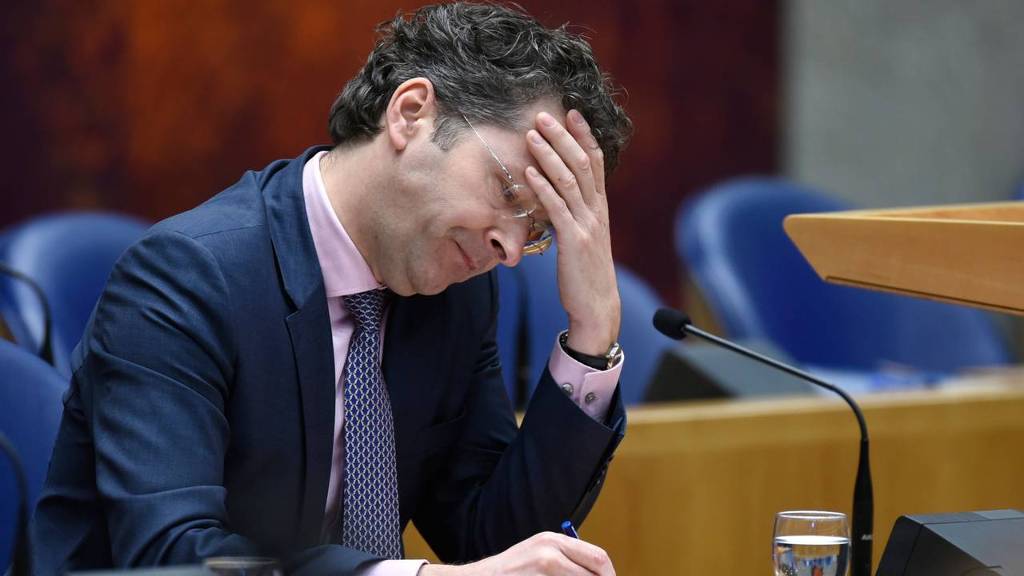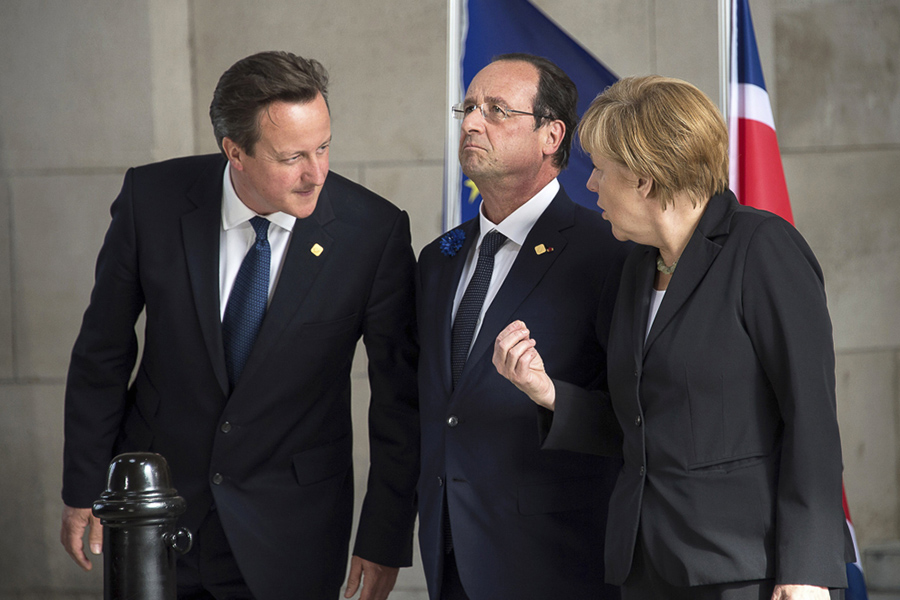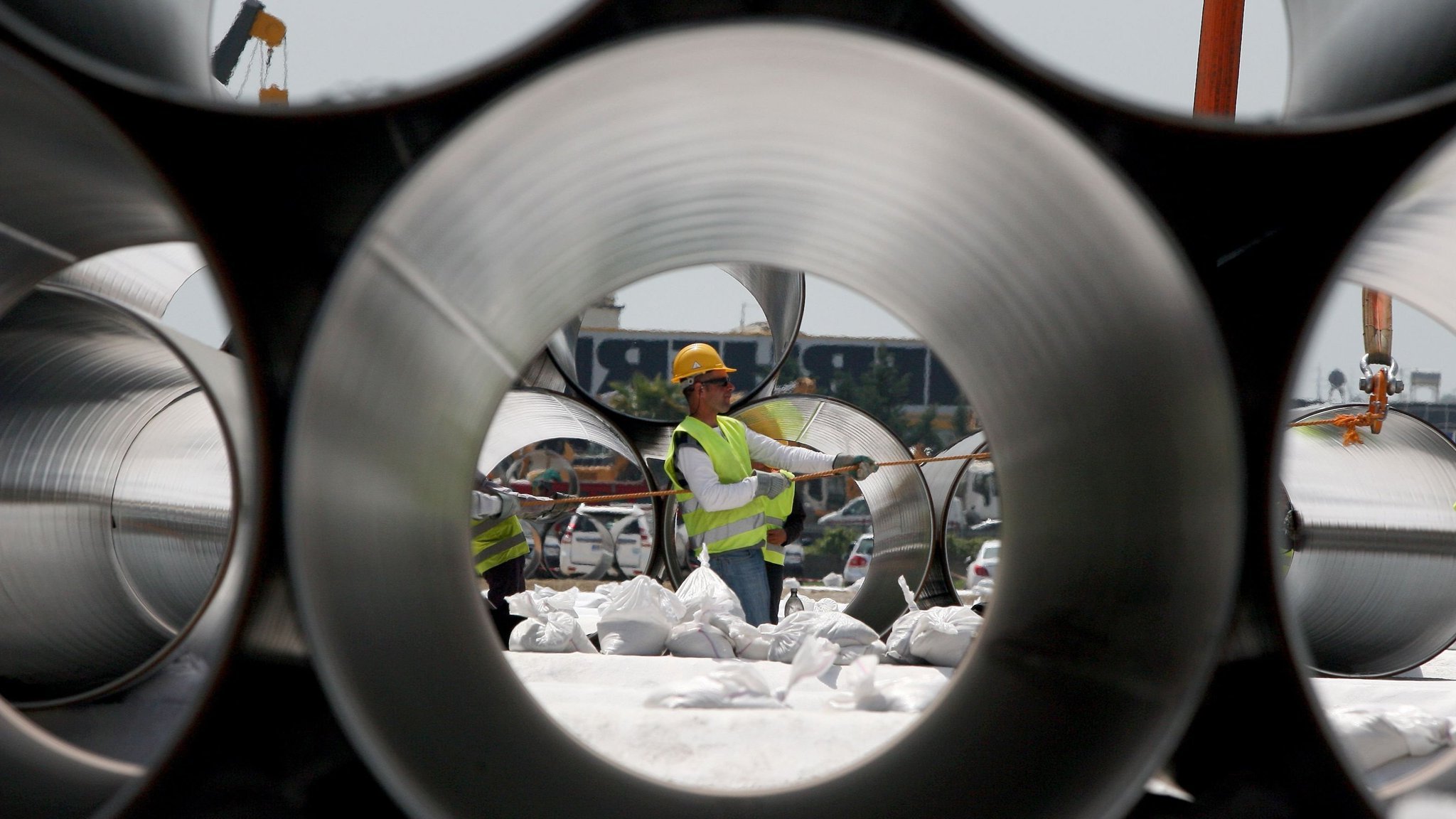
On the first day of the TATRA Summit in Bratislava (SL), the president of the Eurogroup Jeroen Dijsselbloem delivered an important speech on the future of the eurozone, mentioning many of the elements that were already presented in June with the Five Presidents’ Report. Among those points, the Dutch finance minister stressed the importance of completing the banking union as well as the capital market union to counteract cyclical shock.
However, one of the themes touched was fiscal convergence, as there is general need for a better coordination inside the monetary union. The core passage of this part goes as follows: “there could be merits in having a big European sister of the national fiscal councils, placed outside the Commission to provide independent assessments of the national draft budgets, on the basis of which the Commission gives its (political) opinion.”
The main purpose of creating a European fiscal council for the eurozone members would be to depoliticize the assessment on national budgets, thus providing qualified advice to the Commission who would still be in charge of the final – and political – decision. However, the real reason behind such manoeuvre would be to (partly) satisfy those member states that have painfully respected the provisions of the Stability and Growth Pact (SGP) while others – France, Italy, and Spain – have been repeatedly granted larger flexibility.
Though it would be hard to deny the legitimacy of such complaint, it is much more difficult to see how this new body would address the problem. First of all, the inherent political nature of national budgets would nullify any technical input on the subject. As it was the case for France earlier this year, the discussion around the extension of the 2015 deadline to correct the fiscal deficit was purely on the political level: just the perspective of such challenge was enough to cast some clouds over the appointment of Pierre Moscovici as the economic commissioner. Yet, everything went exactly as expected, both for Moscovici and the French government: while this is not intended as a critique on the substance of such outcome, it is sufficiently clear that its motives are mostly political ones. Since 2003, European fiscal rules have been bent for the safety of the big Member States – namely Germany and France at the time. Even the 2010 reform of the Excessive Deficit Procedure, designed to reduce the influence of the Council on the decision, did not deliver a fair approach to budgetary faults. A substantially powerless board of advisors seems hardly up to the challenge.
Furthermore, should this new body actually function as intended, it would be easily perceived as yet another gathering of unelected bureaucrats tampering with the sovereignty of European countries by eurosceptic movements. Thus, two roads appear before us: either a strong and useful panel whose claims would be even more difficult to legitimise, or a weak duplicate of what already happens inside the Commission without any real effect on the debate. It is also entirely possible that both options shall become true.
The point of this article is not so much defending the very arbitrary criteria chosen to guarantee stability of the single currency – as a matter of fact it would be high time to revise them, softening the ordoliberal approach that has shaped the debate until now – but pointing out the striking inadequacy of the proposed system. The lack of fiscal convergence is a concrete issue that needs to be addressed politically rather than technically. This task is up to the Commission; anything else is just distracting.



